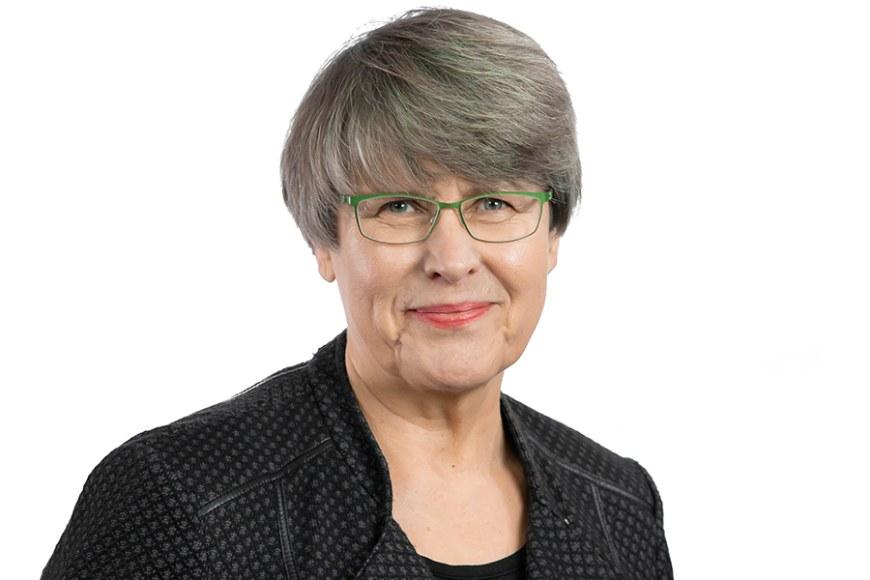
The research material has been collected during the development process carried out in two case organizations. In particular, both organizations have conducted a survey of their staff, as well as a content analysis of the organizational development work.
The social identity theory and the dialogic leadership are used as background theories. The idea is that when a manager leads dialogue, he or she is able to reinforce team membership, which generates activity that is consistent with the organization’s goals, and develops an internal group identity for employees (in this study, the inner-group identity is called a group will). The process of The Social Identity Model of Organisation Leadership (SIMOL) supports the growth, learning and development of people and the organization. This is important because it is easier to reinforce group will when the organization has progressed to a level where it has a positive culture of development. In this case, people will strengthen their development skills, according to the modified development model of Alexander Haslam (2003) and Henri Taifel (1978).
The survey questionnaire aims to gain insight into the organization’s leadership and attitude towards development work as well as staff motivation and well-being. There are 86 questions in the form, of which 50 are those of the Working Life Barometer (Lehto 2008) and 36 of Ranta. In the content analysis, she used the final meeting recordings of the development projects of both organizations. Based on these, she evaluated the progress of the development process and the practices related to the development work.
Ranta analysed the quantitative data using Principal component analysis (PCA) and correlation analysis. In the Content Analysis, she reduced the material by dividing it into categories. Her perspective is a theory-based analysis, where she embedded the material in the development step model. The aim is to study people’s experiences of development work and organizational development culture.
The main result is that leadership has a particularly strong influence on development work. In addition, continuous improvement and systematic organization of work are strongly linked with each other and especially with management. In addition, these elements are linked to the consideration of staff, so that it increases productivity. Strengthening the described elements of development work leads to the best results in group leadership. Supporting the group’s ability to act as a whole and self-directed will create the social identity.
Ranta's results also indicate that strengthening the experience of employee engagement, equity and an open supportive atmosphere, and the ability to influence the development of one’s own work and work community are an essential part of building a team. It seems that the biggest obstacles in the development work are the challenges of implementation, unfair leadership, the crisis of group activities, and the rush of everyday work. On the other hand, the successful implementation of development plans can be ensured by implementing sufficiently small development actions that are appropriate to the culture of the organization.
Finally, it is important to realize that The Social Identity Model of Organisation Leadership (SIMOL) is a long-term activity that includes a process of commitment to development, reinforcing the experience of inclusion and creating a culture of continuous improvement. All of these gradually create an atmosphere of respect for people, tolerating incompleteness and appreciating others in their work.
The major difference between the organizations under study was that the health center achieved a better result, and their management and staff were strongly committed to the development work. In addition, the staff reported that their experience of inclusion have strengthened. The food company, on the other hand, reported that in many cases their organization returned to old practices, and the commitment to development work was not evident.
The doctoral dissertation of M.Soc.Sc. Ritva Ranta in the field of social psychology titled Ryhmätahto- ja dialoginen johtaminen organisaatioiden kehittämisessä. Onnistuneen kehittämistyön elementit sote-organisaatiossa ja elintarvikeyrityksessä will be publicly examined in the Faculty of Social Sciences at Tampere University starting at 12 o'clock on Friday 28 August 2020. The Opponent will be docent Tuomo Alasoini from Finnish Institute of Occupational Health. The Custos will be docent Irmeli Järventie from the Faculty of Social Sciences.
The event can be followed via remote connection at
ritvaranta.com
The dissertation is available online at
https://ritvaranta.com/tuote/vaitoskirja-ryhmatahto/
Photo: Joonas Laakso
